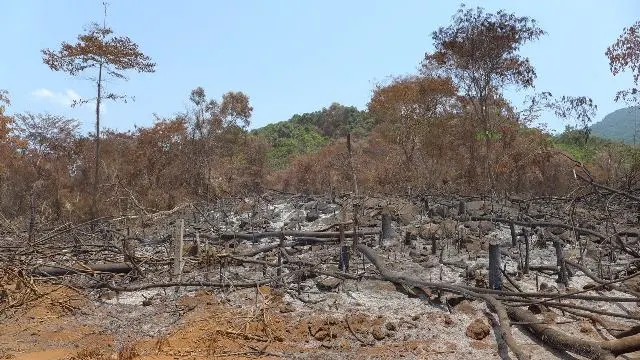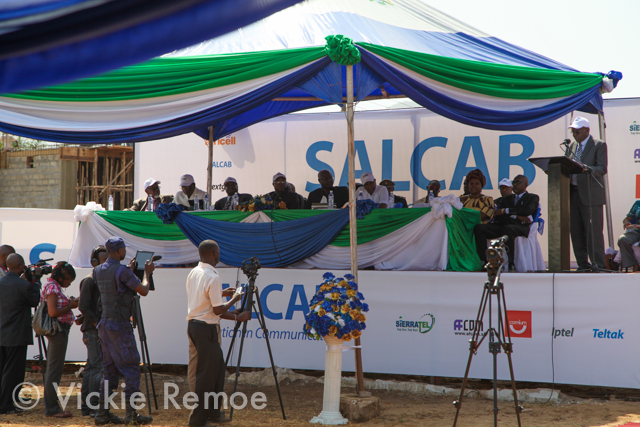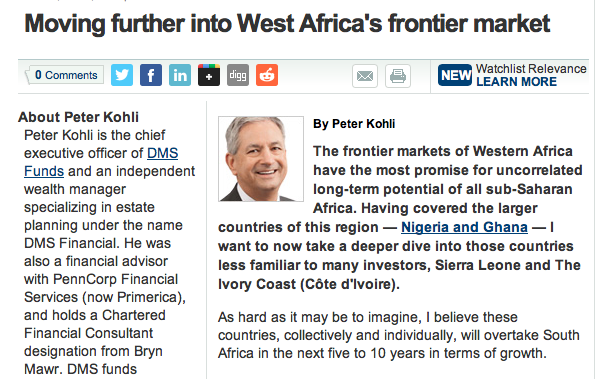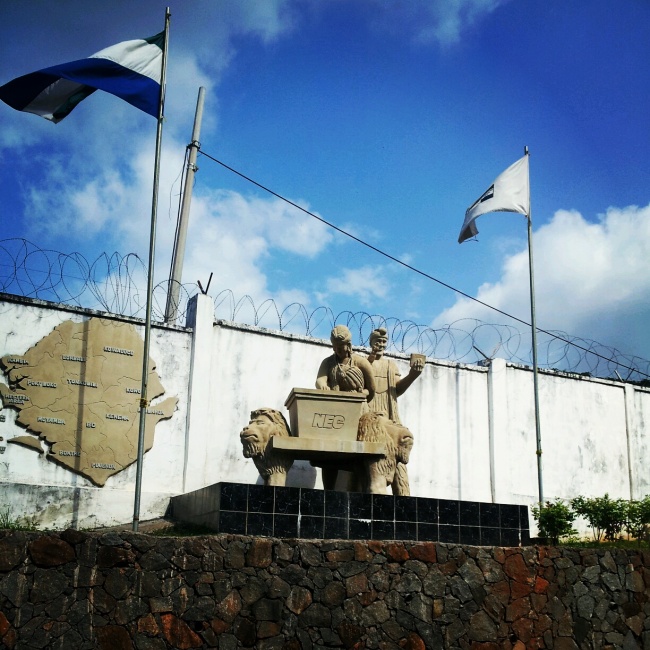U.N. report reveals alarming threat to Freetown’s water supply from deforestation

Sierra Leone’s capital, Freetown, faces a severe threat to its water supply as a national park, responsible for providing clean water, is under significant pressure from human activities. A recent U.N. report highlighted the critical challenges posed by land grabbing, charcoal burning, quarrying, and marijuana cultivation within the park.
Since 2016, the national park has witnessed a disturbing loss of approximately 26 per cent of its original 18,000 hectares (180 square kilometres) of forest cover, as reported by the United Nations World Food Programme. The consequences of this deforestation are far-reaching, with the potential to contribute to slope destabilization, water shortages, landslides, and floods.
The report emphasizes the urgent need for vigilant monitoring of forest coverage to safeguard Freetown’s main water sources. Freetown, situated on a forested peninsula, relies on reservoirs in the mountains for its water supply. However, deforestation is disrupting the natural water cycle, causing rainwater to run off the hillsides instead of permeating the soil and streams through tree roots.
Sierra Leone’s Environment Minister, Jiwoh Abdulai, expressed deep concern, labelling the deforestation issue on the Western Area peninsula as tragic, worrying, and alarming. He acknowledged the enforcement of existing laws and policies as a major challenge but highlighted ongoing efforts to address the situation, including the demolition of temporary structures erected within the national park. Abdulai is actively working on a new reforestation policy to counteract the environmental damage.
Maada Kpenge, Managing Director of the Guma Valley Water Company, responsible for supplying water to Freetown, echoed the seriousness of the issue. Water shortages are already being felt, underscoring the immediate consequences of deforestation. The expansion of urban areas around cities in West Africa poses a persistent threat to forested areas. In a similar scenario, Ivory Coast had to construct a concrete fence to protect parkland near its sprawling commercial capital, Abidjan.
Credit: Reuters
Leave a reply
You must be logged in to post a comment.













